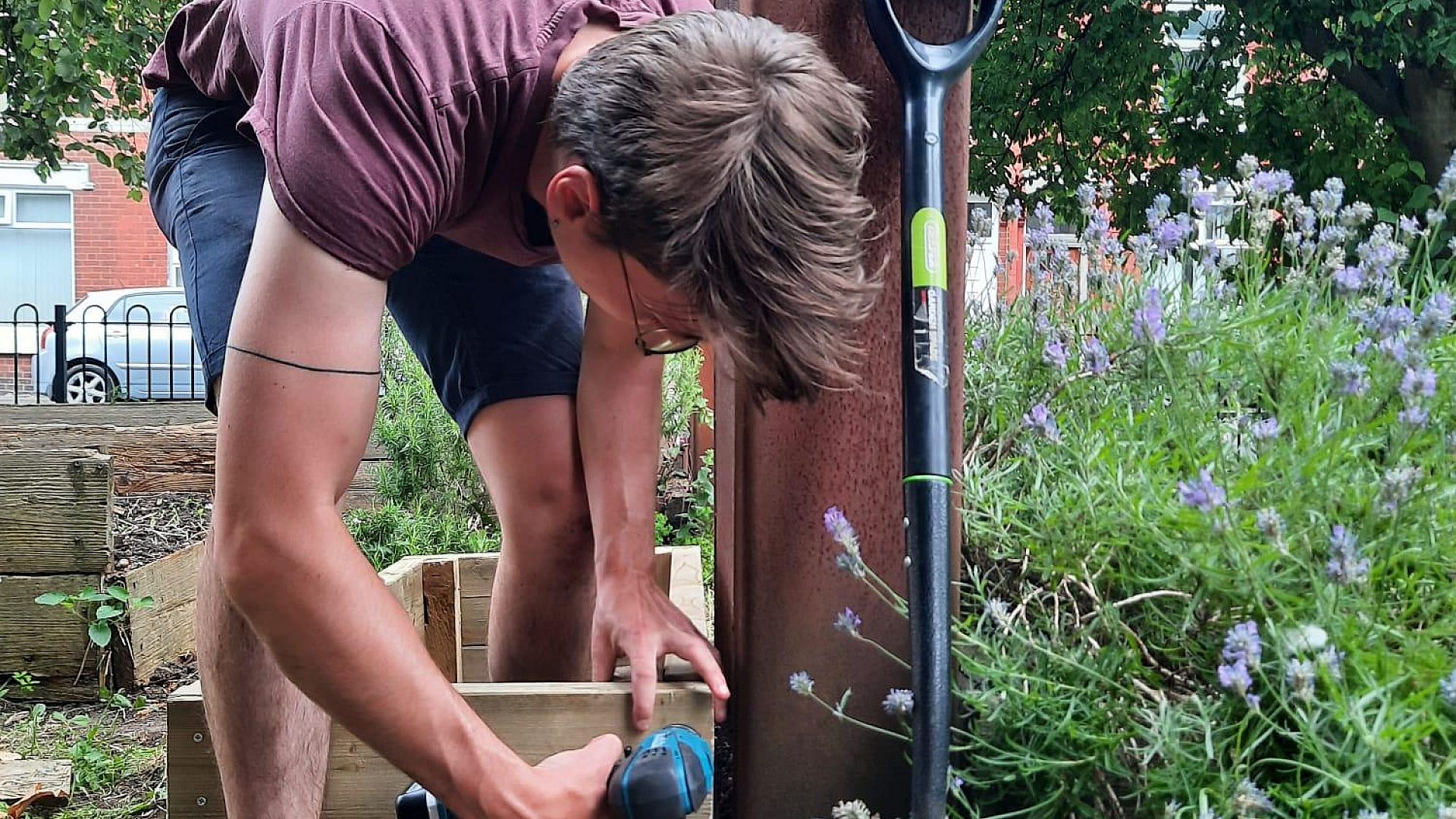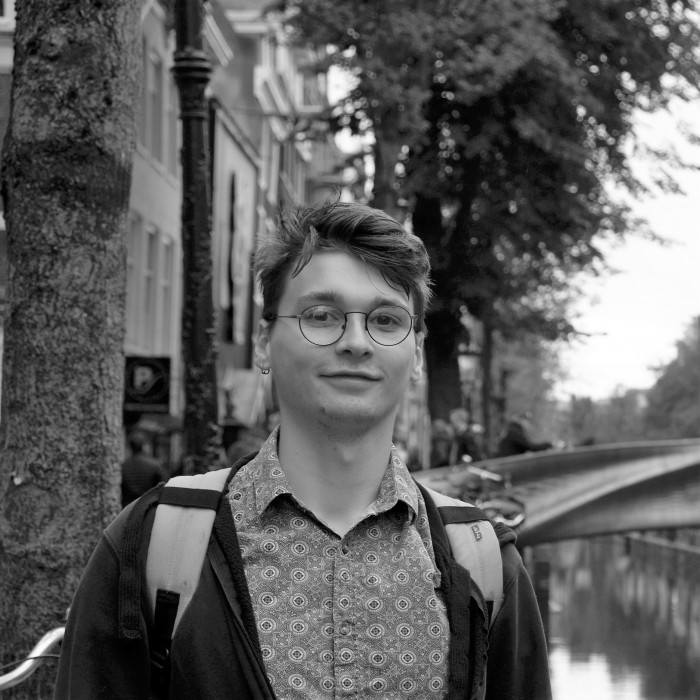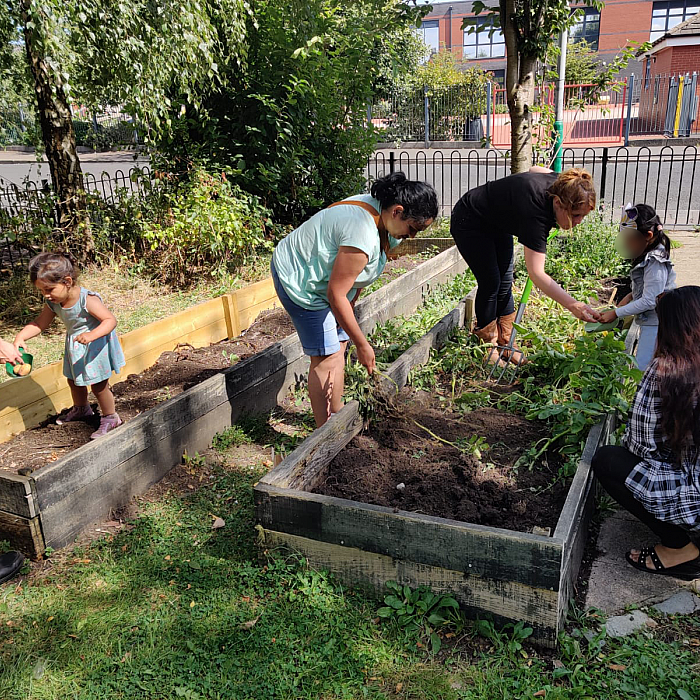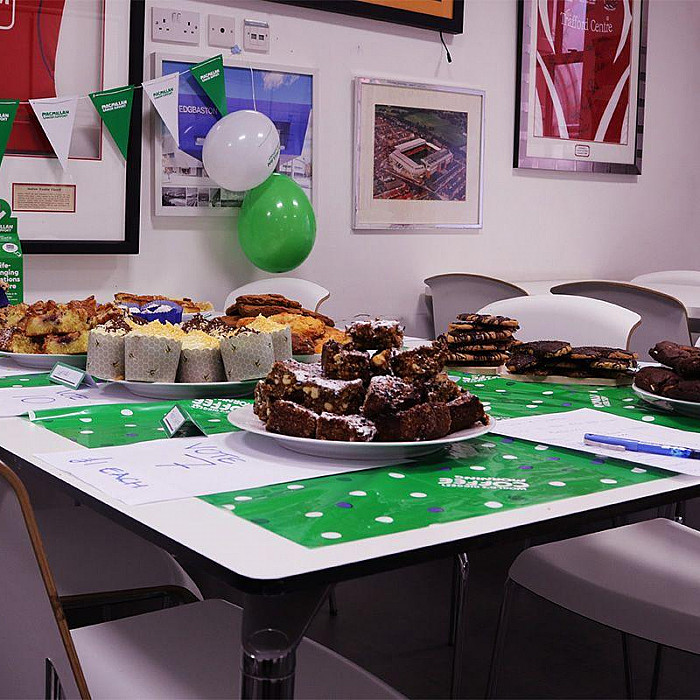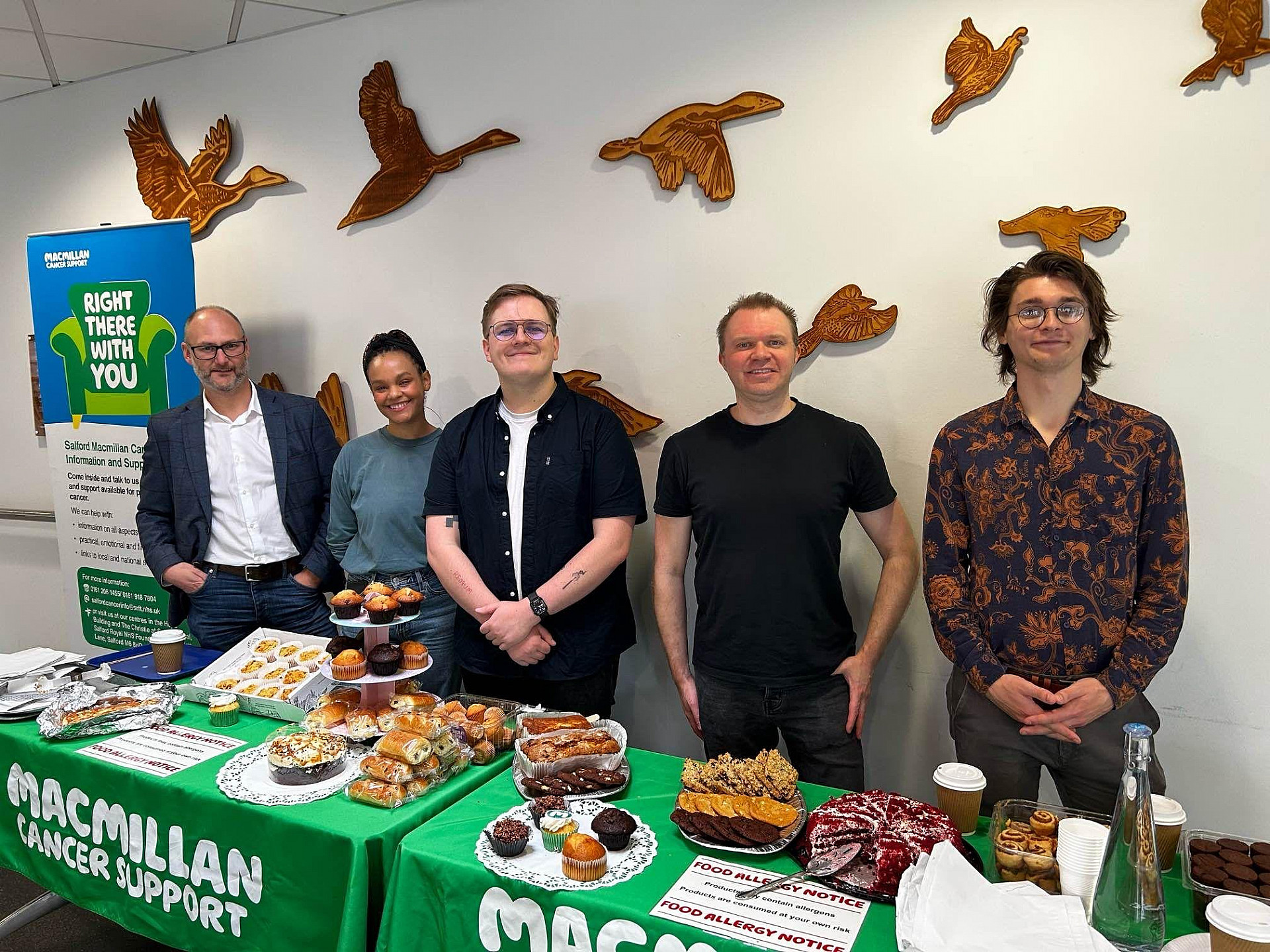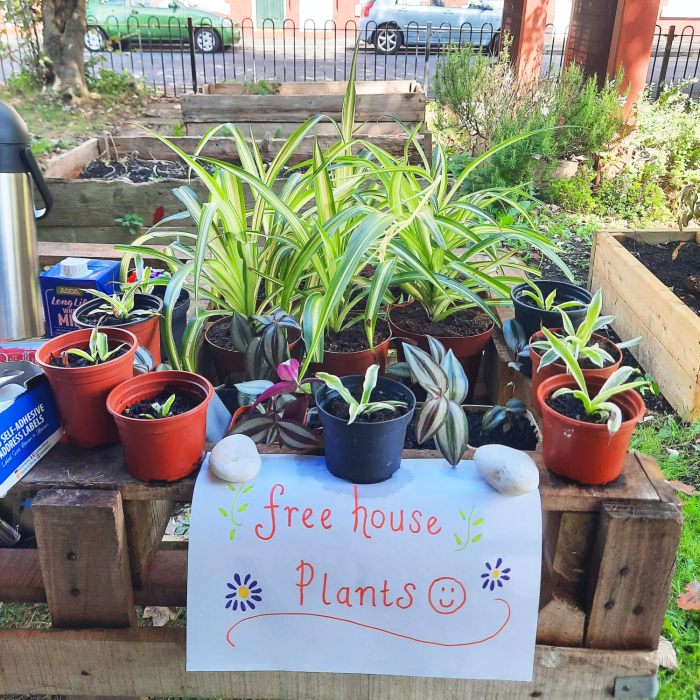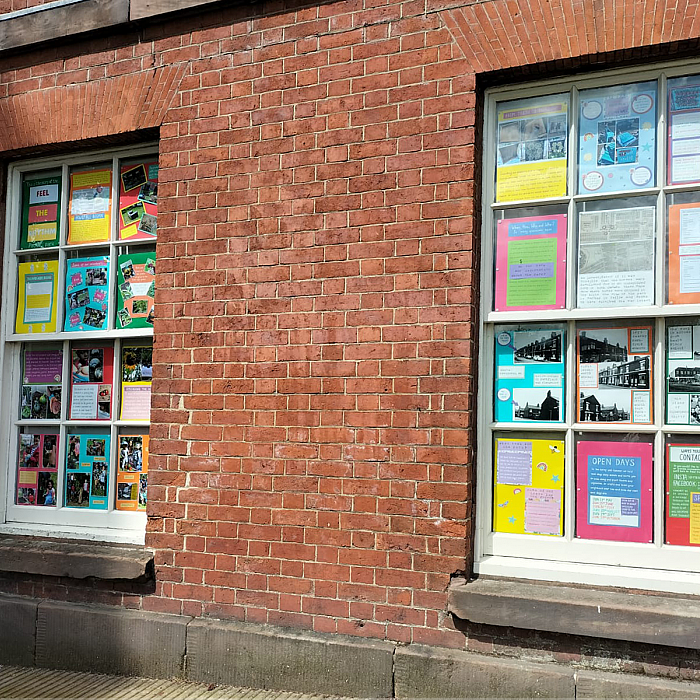Through design we can cultivate social connection, give space identity, and encourage positive patterns of use that improve the lives of all that our projects affect. At a time where many communities are struggling immensely in the UK, and globally, it is important we make use of this potential. Throughout my education my central focus was sustainability, so I know well also that the health of our communities is fundamental to the health of our planet.
A key talking point at the recent Cop28, for example, was our highly international food supply and disposal systems, which are responsible for nearly a third of global greenhouse gas emissions. Localising systems such as these as much as possible can contribute significant improvements as well as increasing the resilience of our communities and reducing rising living cost
There is a clear movement towards these ideas with urban design concepts such as the 15-minute city finding new popularity in recent years. Improved access to public transport and healthcare, walkable neighbourhoods, decentralised food and material supply chains and the protection of local biodiversity are all key to tackling the climate crisis.
At AFL Architects we have a dedicated team that meets regularly to discuss our social impact.
We set this up as a move towards a more targeted and considered approach, that might improve the application of our many available skills, in our projects and beyond. We wanted to build better relationships with local stakeholders and better represent the will of the office. There is also a dramatic rise in the demand for social contribution to frameworks and projects with clients regularly looking for commitments to deliver specific and meaningful ways to their communities.
I have arranged with the office to have time weekly to volunteer, off the back of my pre-existing relationship with a group in my local area – the Moss Side Eco Squad. This is an amazing group of hard-working local volunteers focused on cleaning up the local area, running community activities and improving our access to plants and green space.
We have adopted a previously disused local green space, currently owned by Manchester City Council, revitalising the space, growing plants and vegetables and hosting event days for local residents. We have also forged a strong relationship with the council, agreeing a two-year plan for the use of the space. We have applied and been approved for a Neighbourhood Investment Fund for £1600. This will allow us to construct a rainwater harvesting system, a simple structure I have designed to solve the challenges of keeping the park watered. We will also use the fund to expand our volunteer program and get more resources to do more gardening.
Beyond this in the office, we have arranged to have an annual charity, voted for by the staff, who we focus on throughout the year.
With this year’s selection being Macmillan Cancer Support, we have been able to develop a relationship with the staff there and find more tailored ways of assisting them both in donations as well as time.
We often take on work placements in the office
Giving students an insight into the workings of the profession and giving them access to the tools to create work that will help them move forward with their careers. Learning and training is intrinsic to how we work and many of our staff are also university tutors or work on the RIBA Part 3 course.
We have also had discussion with Social and Economic Programme Manager (North Manchester) from Manchester City Council about ongoing projects and initiatives to get involved with in the city. We are investigating ways to measure our impact to allow us to understand and communicate what we have achieved and adapt moving forward as well. The question remains what our next steps are.
Much of our work is in the healthcare sector and we have discussed the possibility of offering architectural services to these clients for free for small projects. This is a great way to apply our expertise to create impact more productively.
A recent article by the RIBA encouraged architects to get involved in more community-based projects in a similar way.
The practice they referenced, TYPE, has just designed a new low-energy headquarters for SUFRA NW, a charity tackling both the causes and consequences of poverty in northwest London.
This was a very commendable project, delivered well. However, the article generated considerable discussion on the topic. In a poll run on LinkedIn by Jason Boyle, RIBA Committee Board Member, 86% of the 498 respondents said architects should NOT do Pro Bono work, with many commenters citing reasons why they objected.
Hot off the back of qualifying as an architect, I am well aware of these. Completing work for free can have several ethical implications including the issue of not working with fee to deliver a project to a safe and high-quality standard, as well as potentially taking work away from other practices who may be reliant on it. There is also the important discussion of devaluing the work of architects who already do a huge amount of work for free.
This has been relevant to my work with the Moss Side Eco Squad as I have ensured to be very clear in my role as a resident in these interactions, not providing a professional service. I can however use my skills to aid in discussion with the council, application for funding and using my understanding of planning law and regulations to ensure any infrastructure we install in the park is appropriate and safe. There is a limit to what can be done however, and it requires pragmatism and clear dialogue.
Many practices may have the enthusiasm to work on pro-bono projects but often in these cases, we are interacting with some of the most vulnerable people in our society, so we cannot be allowing any unnecessary risk. With councils facing huge cuts to their funding, a cash shortfall of more than £3.5bn in the coming year and many going bankrupt, it is increasingly difficult to find avenues for doing this work. So, practices should operate with responsibility and care to ensure the project is professionally managed.
Nonetheless, it is important we search for ways to convert our enthusiasm into action. I strongly believe I have personally benefited from the variety of interactions I have had with communities and the types of challenges faced in delivering social value. The limited resources, and importance of responding to the needs of the people who the work will affect lead to interesting design problems. You can gain far more lessons with a broader range of community inputs.
"Socially equitable work digs deep into community and culture, it provides a huge number of design intersections that can inspire endlessly formal invention."
In the rest of my professional work, I spend a lot of time working with Computation and BIM tools as well as Artificial Intelligence.
While our role cannot be fully automated, I do believe (and hope) that the efficiencies and possibilities gained from technology can lead us to an increased focus on the social and environmental benefit of projects. We should be proactively encouraging this evolution in our role to deliver more responsive design. This progression can already be seen in the dominance of community and public buildings in the Stirling Prize shortlist, including winner John Morden Centre, an exemplar response to the communities that use it.
"Despite the clear challenges faced in this area it is critical that we as a profession invest our creativity in finding ways to benefit the communities we work within. Opportunities may often be hard to find but by building connections with key actors and groups in our local area, they can be unearthed. We at AFL thank the many people we have worked with as we grow our social impact. We are excited to progress with this important work and evolve our approach."
